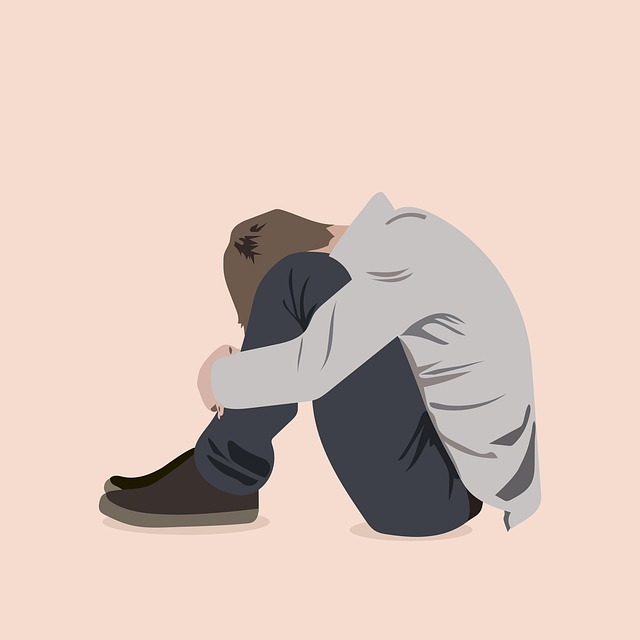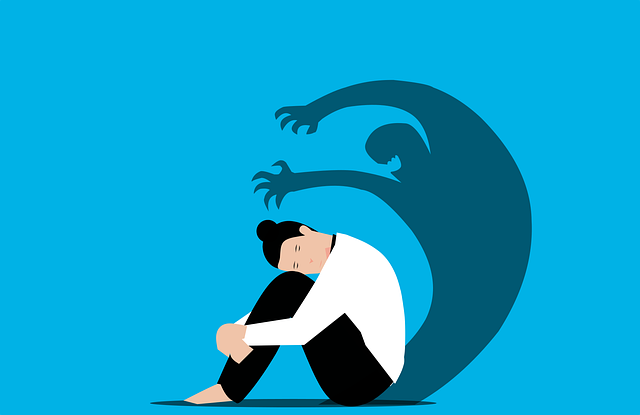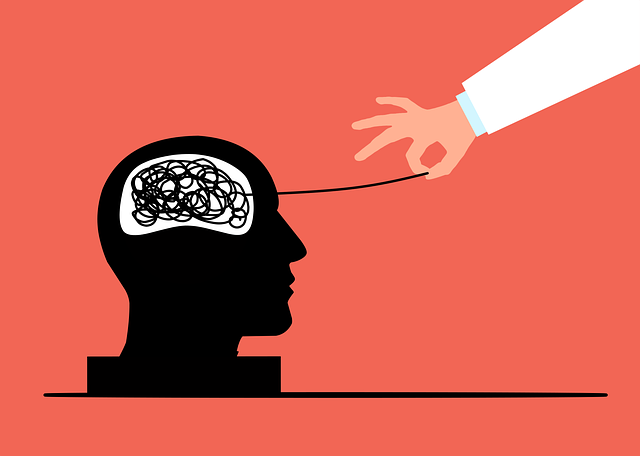Mental health advocacy, focusing on therapy for children's phobias, is a vital component of modern society. By raising awareness, challenging stereotypes, and promoting understanding, especially in educational settings, early intervention is encouraged and therapy destigmatized. Cognitive Behavioral Therapy (CBT), integrated into schools through school counselors, offers effective solutions for common yet debilitating childhood phobias, boosting resilience and preventing escalation to more severe mental health issues. Mental Health Education Programs teaching emotional healing and communication strategies are also crucial, fostering empathy and empowering youth to support peers in distress. Holistic approaches combined with educational initiatives create supportive environments that nurture mental resilience from a young age, leading to better overall well-being into adulthood.
Mental health advocacy initiatives are more crucial than ever in today’s fast-paced world. This article delves into the critical role of advocacy in promoting mental well-being, with a specific focus on children’s phobias and their treatment. We explore effective strategies to break down stigmas and provide accessible therapy, emphasizing the importance of early intervention for lasting positive outcomes. By understanding mental health advocacy, we can foster healthier communities and better support young minds navigating various challenges.
- Understanding Mental Health Advocacy: A Necessity in Modern Society
- Children's Phobias: Breaking the Stigma and Providing Therapy
- Effective Initiatives for Promoting Mental Well-being in Young Minds
Understanding Mental Health Advocacy: A Necessity in Modern Society

In modern society, mental health advocacy has become a necessity to ensure every individual’s emotional well-being is prioritized. It involves raising awareness, challenging stereotypes, and promoting understanding about various mental health conditions. This initiative is crucial in ensuring that people from all walks of life have access to therapy and support when needed, especially for children struggling with phobias. Mental health advocacy aims to destigmatize discussions around therapy, encouraging early intervention and better coping skills development.
By advocating for mental health, communities can implement effective emotional well-being promotion techniques and burnout prevention strategies. This includes educating the public about common mental health issues, providing resources for support, and fostering inclusive environments that encourage open conversations. Such efforts are vital in creating a supportive system where individuals feel empowered to seek help without fear of judgment, ultimately leading to healthier and more resilient communities.
Children's Phobias: Breaking the Stigma and Providing Therapy

Children’s phobias are a common concern, often presenting as intense and debilitating fear responses to specific objects or situations. These fears can significantly impact a child’s daily life, from school attendance to social interactions. The good news is that therapy for children’s phobias exists and offers a lifeline to overcome these challenges. Through evidence-based practices, such as cognitive behavioural therapy (CBT), young individuals can learn to manage and confront their fears in a safe environment.
By engaging in compassion cultivating practices alongside anxiety relief techniques, therapy provides a holistic approach. This not only helps children develop coping strategies but also boosts their self-confidence and resilience. Early intervention is key, as addressing phobias promptly can prevent them from escalating into more complex mental health issues later in life. With dedicated support, children can navigate through their fears, fostering a sense of security and empowering them to thrive.
Effective Initiatives for Promoting Mental Well-being in Young Minds

Effective mental health advocacy initiatives play a pivotal role in promoting well-being among young minds. One prominent strategy is integrating therapy for children with phobias into educational settings. Such interventions can help normalize conversations around mental health, reducing stigma and encouraging students to seek support when needed. For instance, school counselors can employ cognitive-behavioral techniques to address specific fears, empowering children to manage their emotions effectively.
Moreover, designing Mental Health Education Programs that focus on emotional healing processes and communication strategies is essential. These programs teach young individuals coping mechanisms and foster empathy, allowing them to recognize and support peers in distress. By combining therapeutic approaches with educational initiatives, we can create a supportive environment that nurtures mental resilience from an early age, ensuring better overall well-being into adulthood.
Mental health advocacy plays a pivotal role in shaping a more understanding and supportive society. By addressing issues like children’s phobias through targeted initiatives, we can break down barriers and provide much-needed therapy. Implementing effective programs that promote mental well-being among young minds is essential to ensuring a healthier future for our communities. Through continuous efforts and open dialogue, we can foster environments where everyone feels empowered to seek help and live fulfilling lives.










